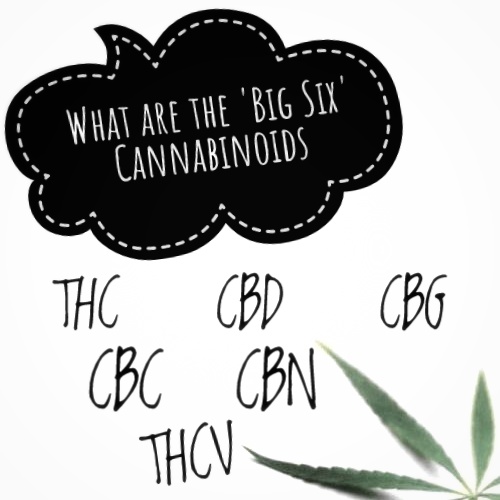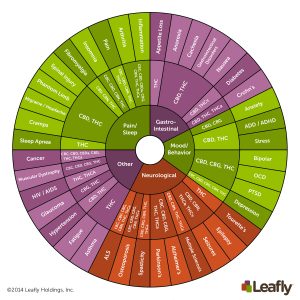What is a Cannabinoid?

A beginner's guide to Cannabinoids
Cannabinoids are chemical compounds found in the cannabis plant that interact with receptors in the brain and body to create various effects. Dozens of cannabinoids exist in the cannabis plant, but THC is the one most people know due to its abundance and psycho-active attributes. Some of the other Cannabinoids we have begun to become familiar with include CBD, CBN, CBG, CBC, THC-A, THC-V, and THC-O.
ORIGINS
Why does cannabis produce cannabinoids? Cannabinoids are known as secondary metabolites, which means they are chemicals the plant produces that have no primary role in the plant’s development. However, the leading hypothesis is that secondary metabolites act as an immune system for the plant, fending off predators, parasites, and pests.
SCIENCE & THE ENDOCANNABINOID SYSTEM
Because humans (and many other mammals) have receptor systems that cannabinoids bind to, we are able to reap their benefits for both health and recreation This system, called the endocannabinoid system (or ECS), is a group of specialized signaling chemicals (think “keys”), their receptors (think “locks”), and the metabolic enzymes that produce and break them down. The endocannabinoid chemical signals that our bodies naturally put out act on some of the same brain and immune cell receptors (CB1 and CB2) that plant cannabinoids (like CBD and THC) act on.
Put more simply, the plant’s cannabinoids mimic natural compounds in our bodies.
HISTORY
The isolation of THC came from an Israeli chemist by the name of Raphael Mechoulam. In 1964, Mechoulam isolated and synthesized THC from Lebanese hashish, marking the beginning of cannabis research and leading to the discovery of many other cannabinoids, cannabinoid receptors throughout the body, and “endocannabinoids” – the THC-like compounds our body naturally produces to maintain stability and health.
PRACTICAL USE
Each cannabinoid occurs in different levels within different plants and can interact with each person uniquely depending on the synergy of cannabinoids and terpenes in the plant in combination with how your body produces and reacts to them. Learning about the uses of each cannabinoid can greatly increase your success with using cannabis as a medication. Your budtender can be an excellent tool in helping direct you to the strains and intake methods that are right for you.
Coming Soon: Learn about each cannabinoid individually by clicking on the image above. Stay tuned while we role out this new education section of our website!
←Meanwhile- check out this cannabinoid wheel from Leafly! Super informative!
In summary

100s of Cannabinoids exist in each plant.
The first Cannabinoid was discovered in 1964.
Cannabinoids mimic compounds in our bodies and bond to receptors in our natural endocannabinoid system. Think of the cannabinoids as “keys” and our receptors as “locks”.
Using the correct cannabinoid for you will improve efficacy.









Leave a Comment